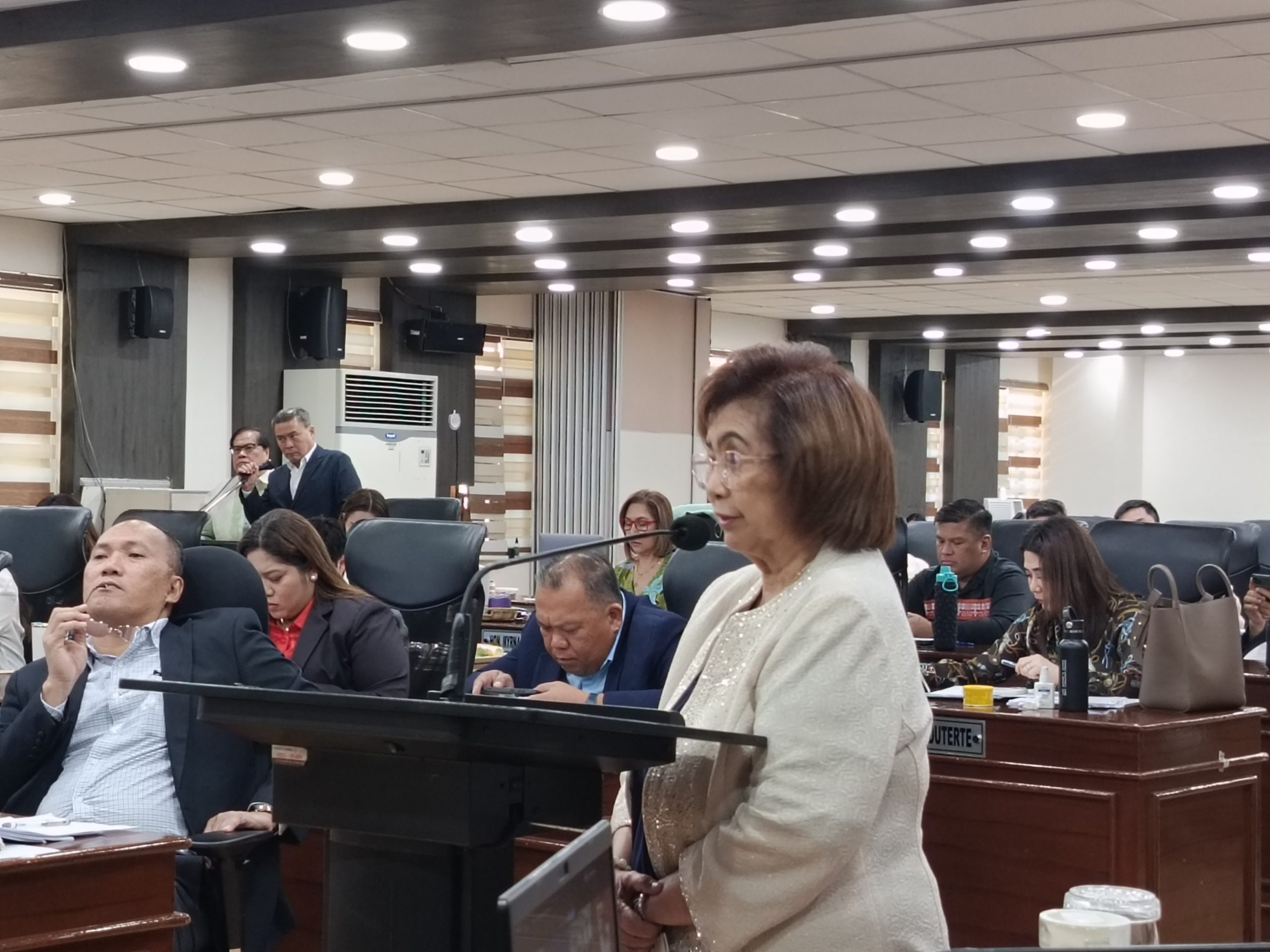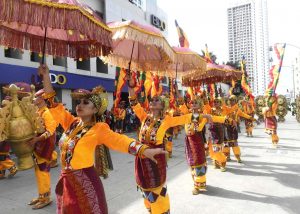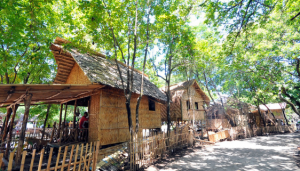A LAWMAKER pushed for an ordinance to collect fees from ecosystem service beneficiaries to fund conservation and restoration efforts of watersheds in the city.
Councilor Pilar Braga pushed the passage of the ordinance during the 20th City Council regular session on June 4 in time for the World Environment Day celebration on June 5.
The Payment for Ecological Services (PES) Ordinance is a payment scheme to collect funds as compensation for those who manage and protect watersheds.
“It’s an innovative approach that recognizes the invaluable services provided by our ecosystems, such as clean water, air, and biodiversity, and ensures their preservation for the future,” Braga said in her privilege speech.
Highlights of the said ordinance as Braga discussed include the recognition of the vital role of Indigenous communities, particularly the Ovu Manuvu in conserving Panigan-Tamugan Watershed.
Part of the funds collected will proceed to the community in the immediate vicinity of the watershed, especially members of Bantay Bukid.
She added this ordinance aims to foster active participation from local communities, civil society organizations, and other stakeholders.
“Through the PES scheme, we will generate sustainable funding for conservation, restoration, and management initiatives within our watersheds, financed by those who directly benefit from these ecological services,” she said.
The ordinance requires the establishment of a trust fund managed by a special body, which will oversee the allocation of funds towards watershed conservation, urban greening, and the establishment of green pockets in the city.
If passed, Braga said the PES will be another landmark legislation by the city, setting a precedent for other LGUs for sustainable environmental governance.
Lawyer Romeo Cabarde Jr., from Ateneo Public Interest and Legal Advocacy (APILA) and a Sustainable Davao Movement (SDM) member, said the proposed ordinance develops a sense of stakeholdership.
“All of us benefit from the watershed, it is necessary we pay back to the watershed, being our source for the longest time,” he told reporters in a sideline interview after the session.
Existing resorts within the watershed prior to the passage of the ordinance will be respected as a vested right and may continue their operations, following restrictions set by the Obo-Manuvu tribe.
In the proposed ordinance, residential areas connected to the Davao City Water District (DCWD) will have to pay 25 centavos for every cubic meter while commercial establishments must pay 50 centavos per cubic meter. The lawyer said they still have to formalize the discussion with DCWD about the scheme.
Cabarde said the initial proposal for the distribution of funds is that 80% will proceed exclusively to the conservation efforts, 10% will go to green advocacy and education, and the remaining 10% for the logistics of the Ecological Services and Water Protection Council and technical working group.
Roy Sandad, Brgy. Tambobong councilor and Obo Manuvu tribe representative called on the city council to support the proposed ordinance as it has sentimental value to the Indigenous community.
“Dako kaayo among kalipay nga duna nay aksyon, gikan sa private sector, nga motabang para ana nga plano para mapalig-on nato ang pagprotekta sa kinaiyahan kay kung wala man gud financial support, hinay ang padagan sa atong pagprotekta,” he told reporters.
The proposed ordinance was considered read on the first reading and referred to the committee on environment.




